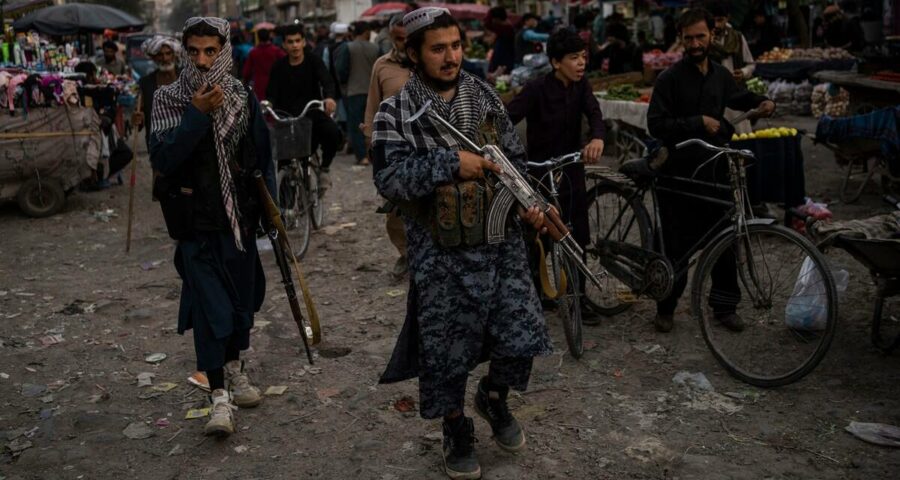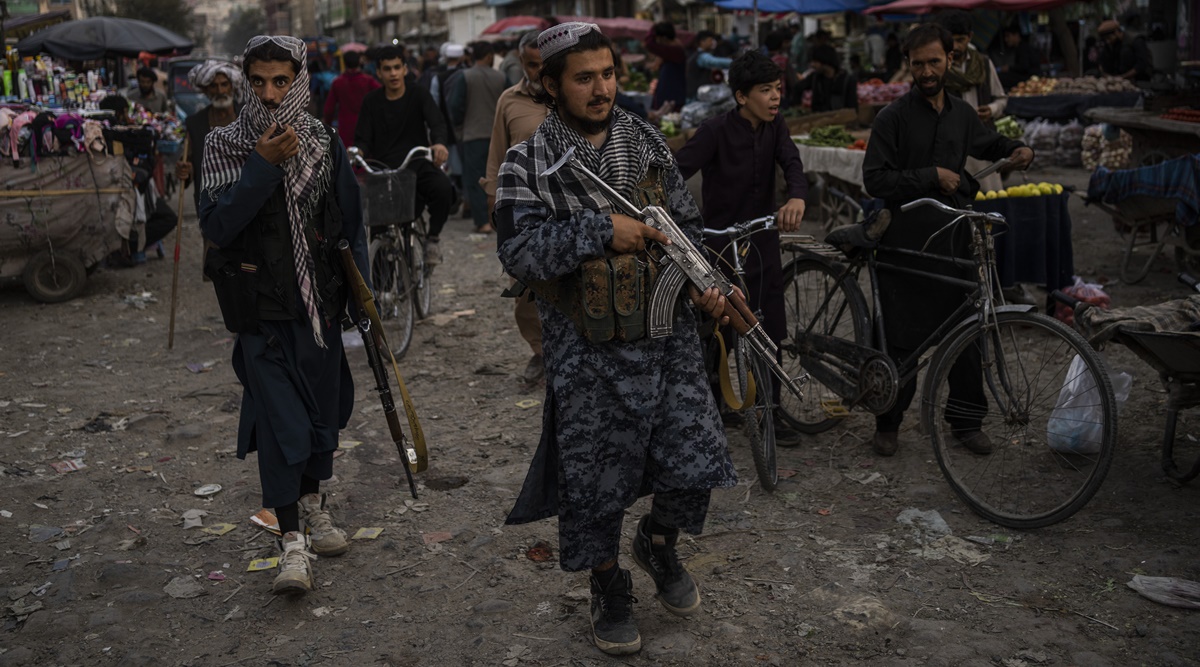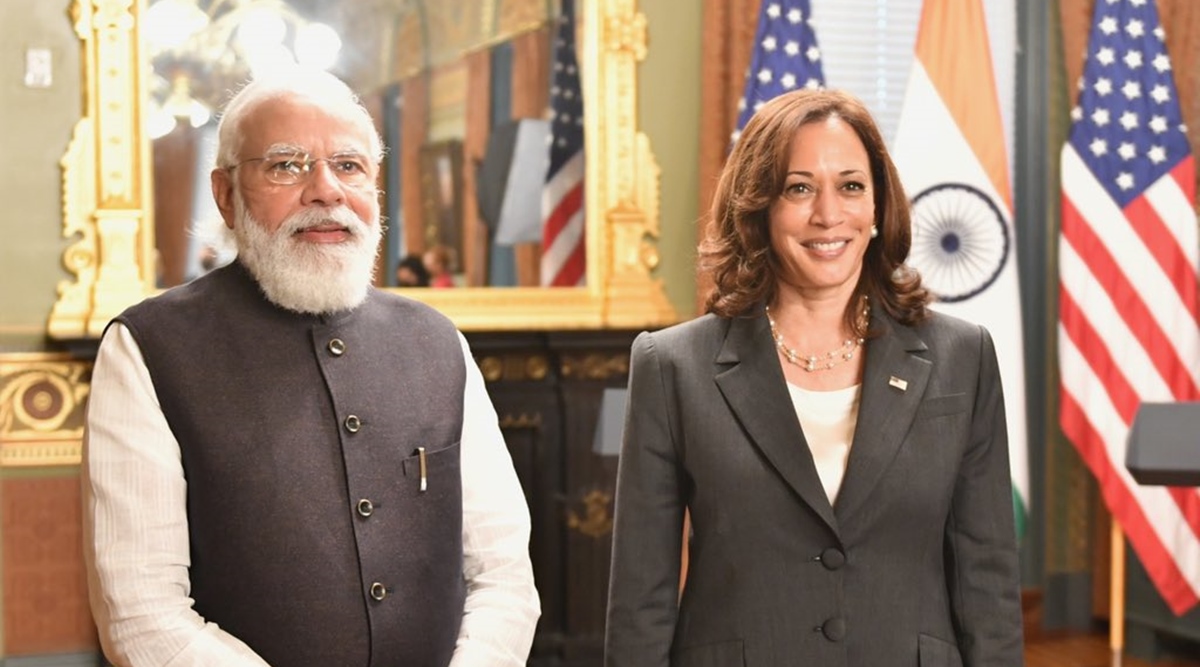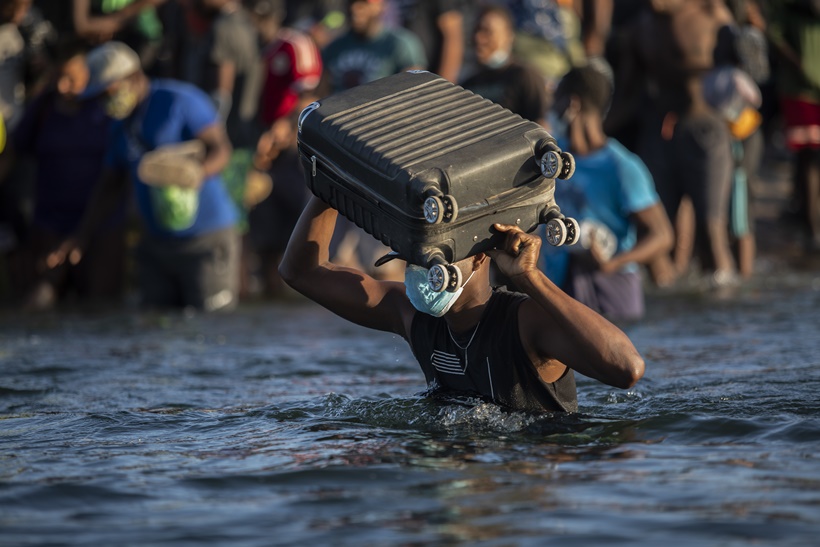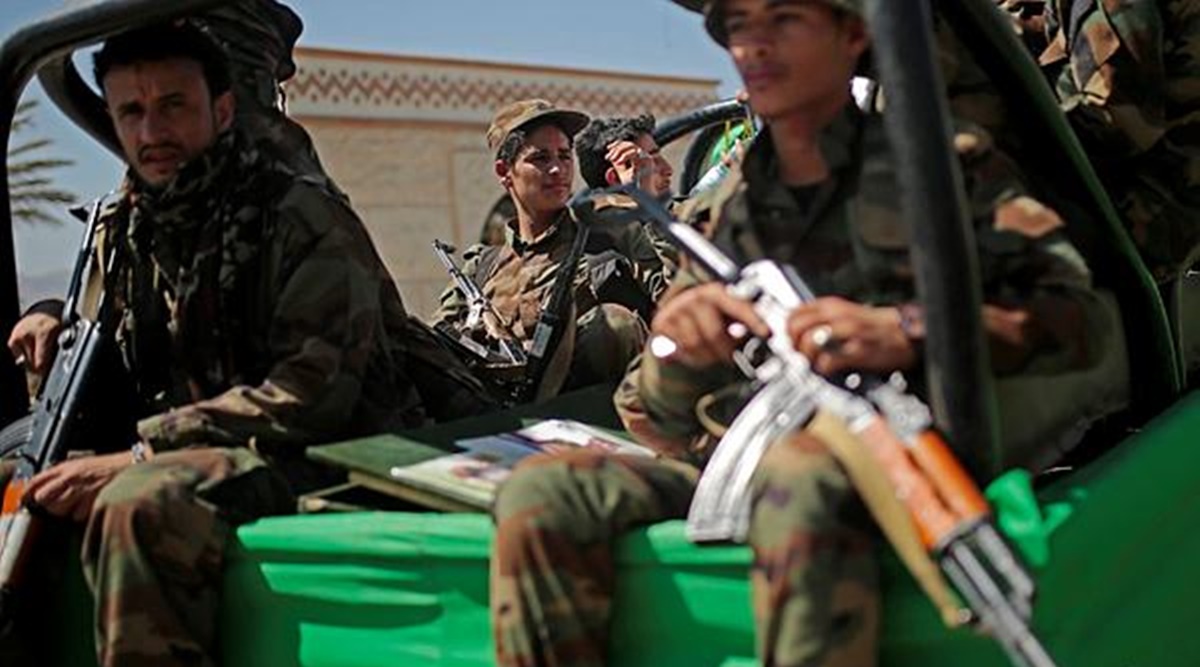Good morning! Begin your day with five key overnight stories from around the world.
Here is a round-up of the top developments around the world today.
1.North Korea says call to declare end of Korean War is premature
North Korea on Friday said that South Korea’s call to declare a formal end to the Korean war is premature as there is no guarantee it would lead to the withdrawal of the “US hostile policy” toward Pyongyang, North Korea state media KCNA reported on Friday, citing Vice Foreign Minister Ri Thae Song.
This comes as South Korean President Moon Jae-in on Tuesday repeated a call for a formal end to the Korean War in an address to the UN General Assembly and proposed that the two Koreas with the US, or with both US and China, make such a declaration.
2.Taliban official: Strict punishment, executions will return
One of the founders of the Taliban, Mullah Nooruddin Turabi, has said that the extreme forms of punishment including executions and amputations of hands will return, though perhaps not in public. In an interview with The Associated Press, Turabi warned the world against interfering with Afghanistan’s new rulers. He also dismissed outrage against the world’s criticism of Taliban executions, which sometimes took place in front of crowds at a stadium.
https://youtube.com/watch?v=O9XVM66L-cs%3Fversion%3D3%26%23038%3Brel%3D1%26%23038%3Bshowsearch%3D0%26%23038%3Bshowinfo%3D1%26%23038%3Biv_load_policy%3D1%26%23038%3Bfs%3D1%26%23038%3Bhl%3Den-US%26%23038%3Bautohide%3D2%26%23038%3Bwmode%3Dtransparent
“No one will tell us what our laws should be. We will follow Islam and we will make our laws on the Quran, he highlighted. ”Turabi’s comments pointed to how the group’s leaders remain entrenched in a deeply conservative, hard-line worldview, even if they are embracing technological changes, like video and mobile phones.
3.PM Modi and VP Kamala Harris meet as US eyes Asia
Prime Minister Narendra Modi and US Vice President Kamala Harris held their first in-person meeting on Thursday, as the Joe Biden administration takes steps to deepen its relationship with its allies in Asia. The meeting was also a celebratory moment for the 4 million strong Indian diaspora in the States and Indians back home who take pride in Harris’s Indian roots.
Things that were discussed: Both the leaders stressed the importance of a free and open Indo-Pacific region, especially at a time of China’s ever-growing influence in the region, the two countries highlighted their shared priorities and values as democracies, discussed the coordination to fight against Covid-19, vaccine exports and greater cooperation in technology, space and other sectors.

4.US envoy to Haiti resigns, blasts returning migrants to ‘collapsed state’
The US special envoy to Haiti resigned in protest in a letter that blasted the Biden administration for deporting hundreds of migrants back to the crisis-engulfed nation from a camp on the US-Mexican border in recent days.”I will not be associated with the United States’ inhumane, counterproductive decision to deport thousands of Haitian refugees and illegal immigrants,” Daniel Foote said.
This comes as the White House said that it has no plans to send any of the thousands o f Haitian migrants. Till now, the US border authorities have however returned over 1,400 migrants from the camp and moved over 3,200 people from staying there. Some are being sent back on flights to Haiti while others are being released in courts to pursue their immigration cases.
5.Clashes between Yemen’s rebels, government forces kill 35
At least 35 people have been killed as fighting heavily increased this week between Yemen’s Houthi rebels and pro-government forces, security officials have said. Dozens have been wounded on both sides. Major clashes are now in their third day in several districts of the government=controlled provinces.
Context: Yemen has been in the state of a civil war since 2014 when the Iran-backed Houthis captured the capital, Sanaa and much of the north of the country, forcing the internationally recognised government to flee to the south, then to Saudi Arabia. A Saudi-led coalition entered the war in March 2015, backed by the United States, to try restore the government to power. This fighting has resulted in the world’s worst humanitarian crisis.
Source: Read Full Article
